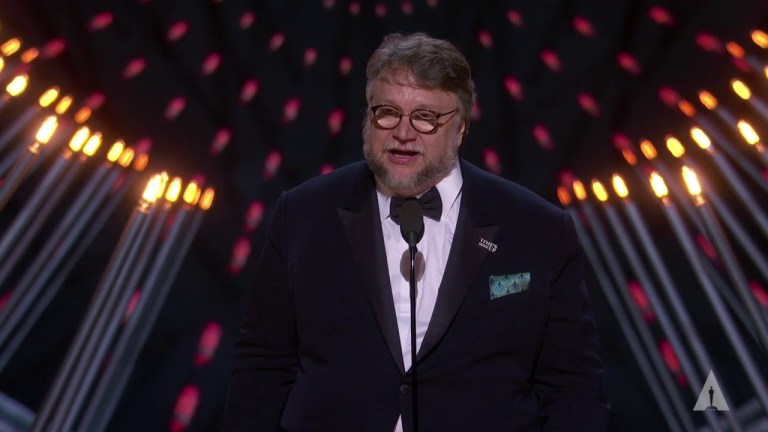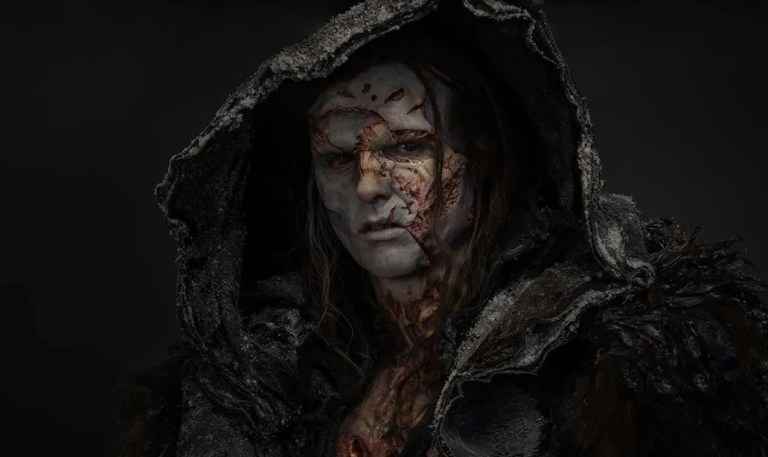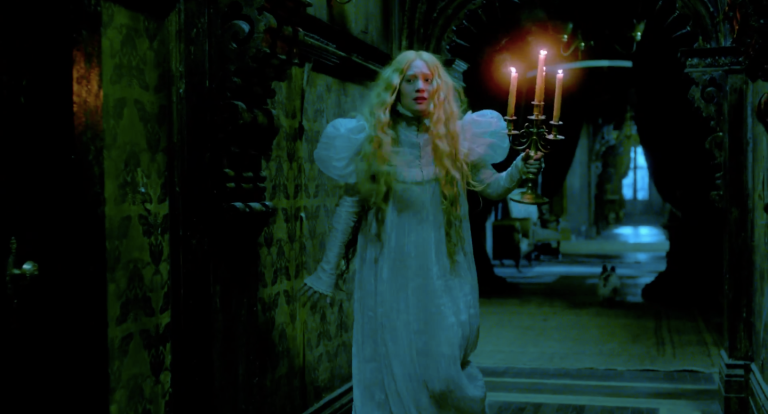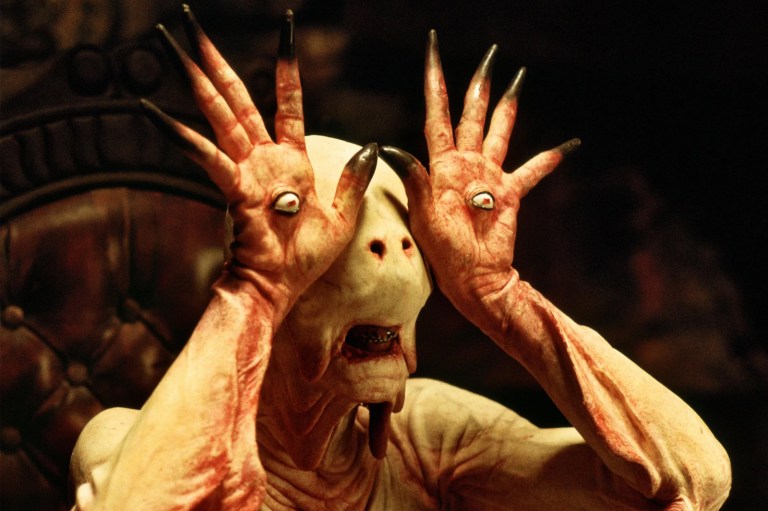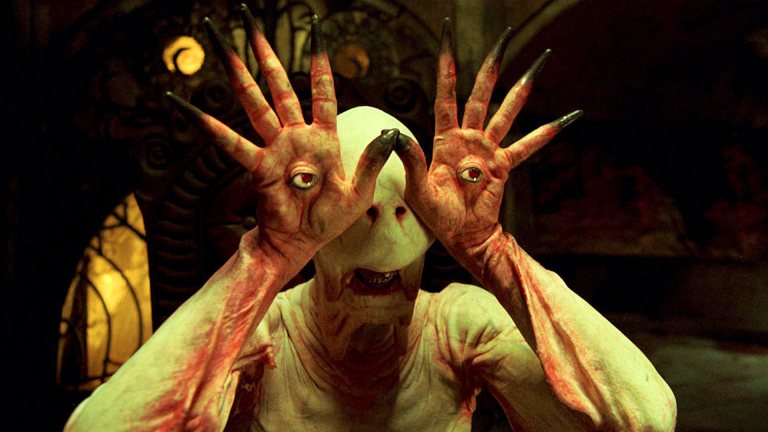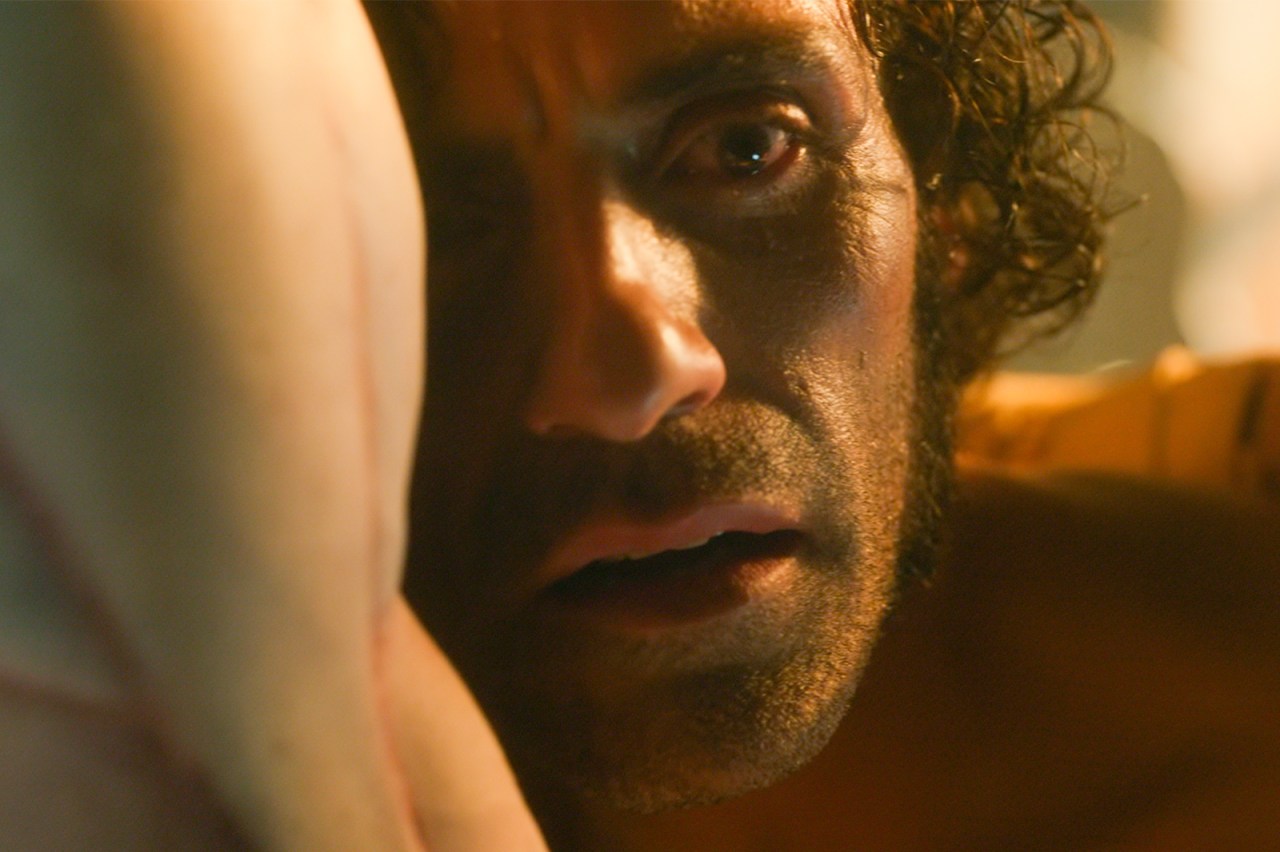
It’s Alive! (But Barely): Guillermo del Toro’s ‘Frankenstein’ Misses The Spark Of Life For Book Lovers + Movie Buffs Alike
Guillermo del Toro’s latest venture with Netflix, Frankenstein, like its iconic creature, doesn’t know what it is, and because of that fatal flaw, will end up pleasing absolutely no one.
I watched the film in theaters as part of a limited release before the film landed on the streaming platform today (November 7), and while it has the budget, imagination, and stunning visuals of del Toro classics like Pan’s Labyrinth, it completely lacked the pace of a traditional blockbuster. I wanted my cell phone out to scroll through the parts that stretched on too long and my TV remote handy to turn on subtitles (which the rest of you will get to do from home).
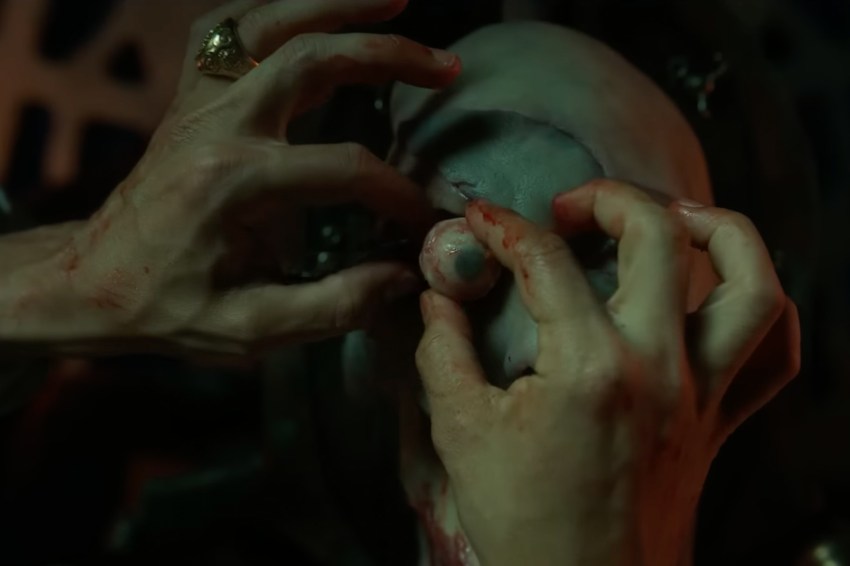
The movie unsuccessfully tries to bridge that gap between the theater and your couch, but consumption habits have changed too much. Modern audiences open the Netflix app daily, where new titles are pushed and promoted constantly, but at the same time, people have no idea what’s playing in theaters, because it’s been ages since they’ve seen a really good trailer. del Toro tried to hard to straddle this old versus new Hollywood guard, but it just didn’t land.
I think Frankenstein as a piece of IP is in itself just as fragmented in its identity. Hollywood has distorted Mary Shelley’s work of adolescent genius (written as part of a friendly competition with none other than Lord Byron when she was just 18) until it’s become an entirely different ‘creature’ from its original, but del Toro chose to ditch Igor and a flat-topped Frank to return to the original novel for his script.
There will be a very clear high and low-brow divide between viewers who have read the book (or at least skimmed it like I did in college, before finishing it in my 30s), and those who recognize hardly any of the plot structure (which del Toro has taken plenty of liberties with as well).
The book is a great read, for people who enjoy the activity, but Paradise Lost references will truly be lost on a Netflix crowd, as will the nods to the author’s poet husband, Percy Bysshe Shelley, as Elordi recites “Ozymandias” in a montage of the creature learning to read. These are tidbits for a college lit class, not a Friday night Netflix feature film.
Even the way the movie is structured in three parts, with a prologue, “Victor’s story”, and “The Creature’s Story” feels out of place and way too on the nose. Modern movie buffs have made it through Inception, Memento and Interstellar. There’s no need to get so literal by announcing narrative shifts out of chronological order or spelling out the nesting stories within each other.
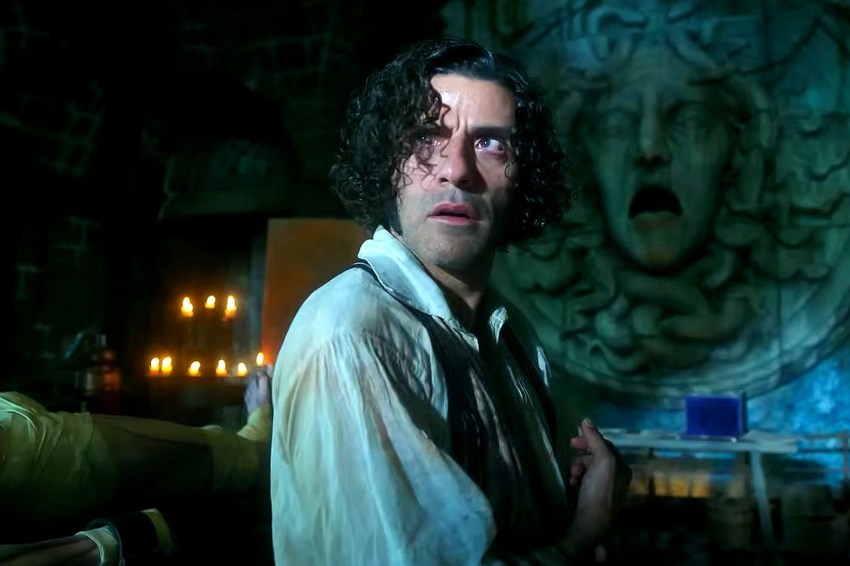
I feel bad for Oscar Isaac, who embodies the titular mad scientist (another Hollywood distortion was co-opting the same name for its movie monster), because it’s his half of the movie where del Toro takes the most creative liberty.
He injects the character with more cruelty than the original text does, and bogs down the pace with new or mangled storylines like a syphilitic benefactor bent on achieving immortality, or turning love interest Elizabeth from Victor’s adopted-sister-turned-wife (very “Brady Bunch”), into his brother William’s fiancé forming an unnecessary love triangle where both men ultimately lose out to…the Creature?
The only part of the film that truly shines is Elordi’s corporeal and cathartic performance, completely transforming every aspect of his appearance, voice, and movement to embody the iconic character, and rescuing the film in a side plot that remains mostly untouched by del Toro.
The Creature’s incredibly painful and lonely journey from ignorance to revenge to forgiveness is the heart of the entire novel, and one that Hollywood has almost entirely erased in it’s retellings and regurgitations. Lit nerds will adore the faithfulness to the original, and your average Joes will hopefully fall in love with the emotional depth of this timeless character.
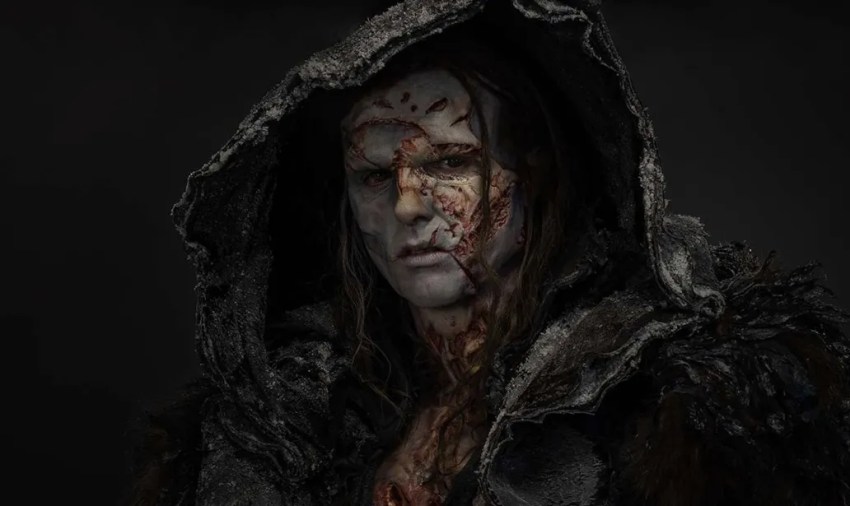
Shelley’s novel was originally meant to be a religious critique—Victor abandons the creature almost immediately, mirroring a god who creates humanity and vanishes without explaining their purpose or his intention, but del Toro flips the script by depicting and dissolving cycles of abuse. It’s a little on the nose, but does give us amazing scenes where Elordi strips the character down to pure childlike innocence.
While I expect mixed reviews from critics and audiences alike, I do think Elordi will sweep awards season, and convince audiences that they were wrong to attack his casting in Emerald Fennell’s upcoming adaptation of Wuthering Heights. He proves beyond a shred of a doubt in Frankenstein that he has all of the emotional depth needed to bring a gothic classic to life, even if it’s structurally flawed or goes off book.
